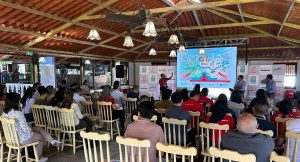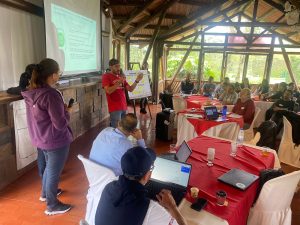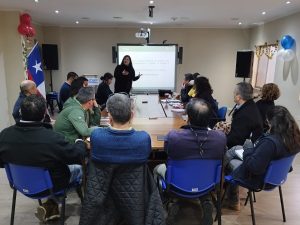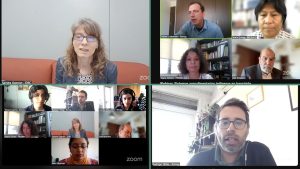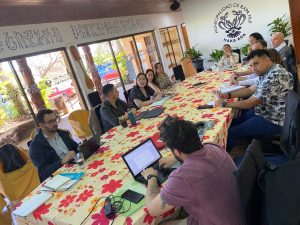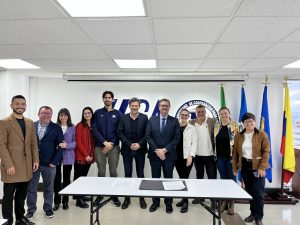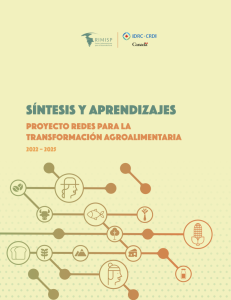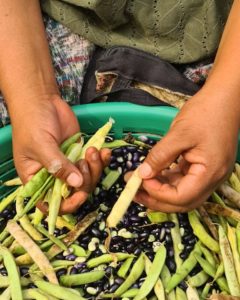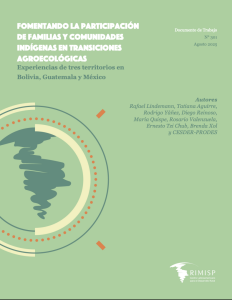Thanks to the acceptance and community participation generated by Mercy Corps' Protierra Tibú Programme (2019...
Rural Women and Territories
In Latin America, the inequalities faced by the different groups of women in the population are the expression of a profound social exclusion, where the intersection of gender, ethnicity, age and territory, pronounce the marginalization of some of them compared to others.
The evidence from our research shows how the experiences of inequality are heterogeneous, depending on where one is born and grows up in Latin America. Particularly in rural territories, where different systems of exclusion coexist and establish greater barriers to the full exercise of women’s rights.
Following the publication of the Latin American Report on Poverty and Inequality 2015. Gender and Territory; in 2018, we launched the Gender Observatory Women and Territories, a web platform that collects statistical information, produced by countries in the region, and disaggregates it by sex, territory, ethnicity and age group. This makes it possible to analyze inter-gender gaps -between men and women of different population groups- as well as intra-gender gaps -differences between women of different population groups-. At the same time, it is a contribution to comparing gender gaps and identifying how they widen or narrow when combined with other markers of exclusion.
By making their experiences visible and analyzing their diverse realities, Rimisp aims to contribute to the reduction of gender gaps, barriers and inequalities faced by rural women in terms of economic autonomy and decision making, favoring the full exercise of their rights, regardless of where they live.
Current Projects
Inclusive Rural Development DRI Algo Nuevo in Cauca: Systematisation of the second phase of the Programme implemented by Mercy Corps
The programme seeks to promote licit livelihoods, expand rural property rights and invigorate the economy...
Cultural change strategy for transparency in Cartagena
The aim of the project was the participatory design and evaluation of six behavioural initiatives...
Design of a methodology to classify and recognize the differentiations of INDAP users
The purpose of this consultancy is to develop a robust yet simple to apply method...
News
Rimisp webinar addresses the future of indigenous food systems
The closing event of the "Networks for Agrifood Transformation" project offered a space for dialogue...
Chile: The formulation of the Extreme Zones Development Plan advances in Rapa Nui
An intense week of work included meetings and workshops with local stakeholders to review and...
Rimisp and IICA sign agreement to boost agricultural sector in Colombia
The consolidation of this agreement is focused on different key points such as the development...
Rimisp participates in IV Decentralization 2025 Congress in Chile
Rimisp researchers Carolina Olcay and Natalia Slachevsky prepared the presentation comparing case studies in Chile,...
Publications
Synthesis and Lessons Learned: Networks for Agri-Food Transformation Project
This document presents the main lessons learned from the project implemented in three indigenous territories...
Incentives for diversified agriculture as a strategy for overcoming poverty in rural contexts
Since 2021, Rimisp has accompanied the indigenous civil association APROBA SANK, who have been working...
Fostering the participation of indigenous families and communities in agroecological transitions: Experiences from three territories in Bolivia, Guatemala and Mexico
Agroecology distinguishes itself from other approaches to sustainable agriculture by focusing on the protagonism of...
Indigenous agro-food systems in transition: Experiences from three territories in Bolivia, Guatemala and Mexico
This study explores the dynamics of indigenous agri-food systems in transition in three Latin American...
Our offices:
- Chile: Huelén 10. Providencia, Santiago, Metropolitan Region. (+56-2) 2236 4557 | Fax (+56-2) 2236 4558.
- Ecuador: Czechoslovakia E9-95 between Switzerland and Moscow. Eveliza Plaza Building. First floor. Quito. (+593-2) 5150144.
- Colombia: Carrera 9 No 72-61 Office 303. Bogotá. (+57-1) 2073 850.
